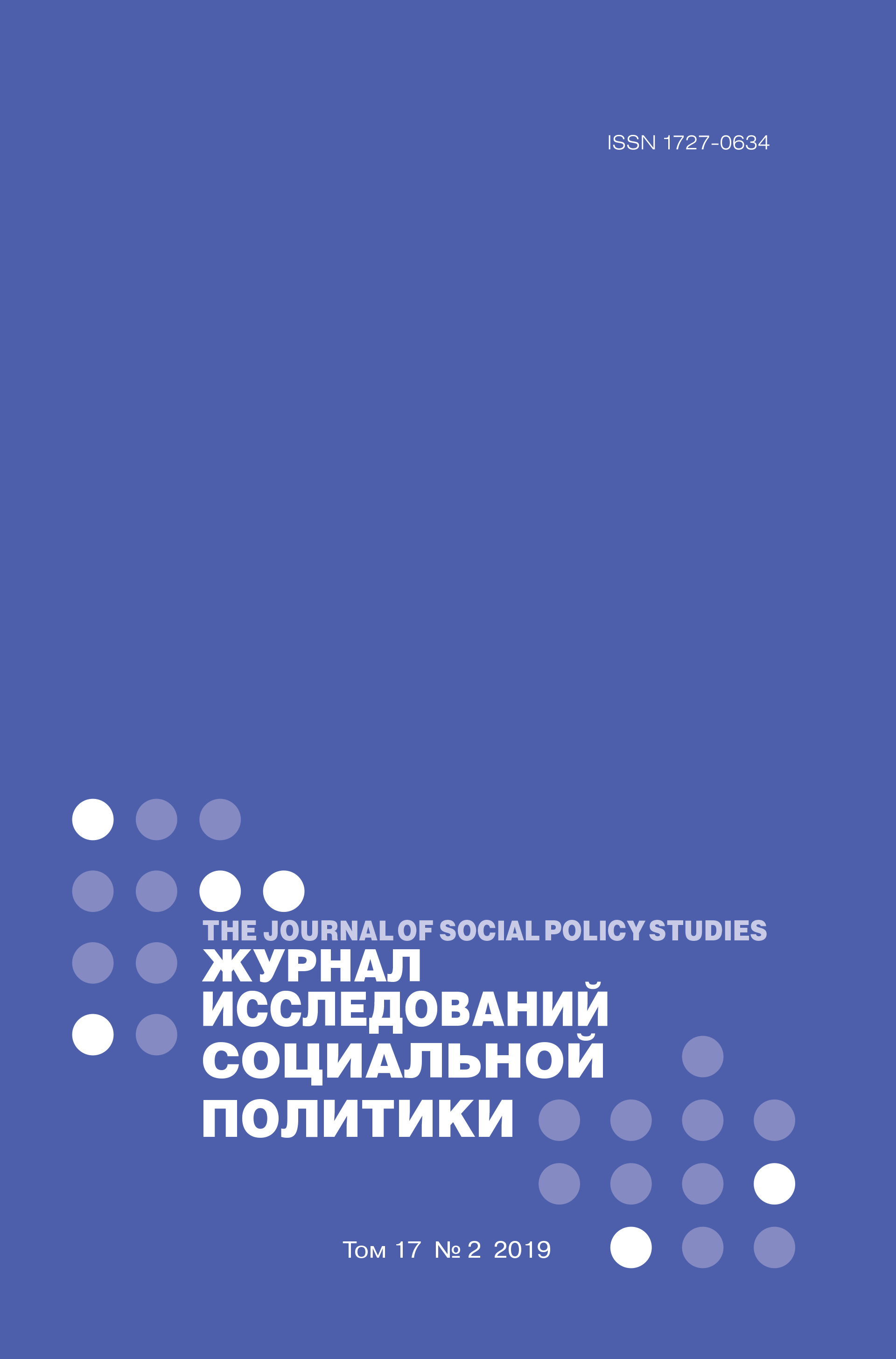Economic Crisis and the Assessment of Public Effectiveness: Who Bears Responsibility for the Economic Downturn in Russia?
Abstract
Should public authorities be blamed for the economic downturn and its consequences? If so, which political authorities in particular are singled out and which escape from being held accountable? We assume that the basis for the observed gap between the worsening economic conditions and the approval ratings of the president, the government, and the parliament is the mechanism of responsibility attribution: the ability of citizens to identify decision-making centers and link the implemented policy to the changes in living conditions. Lack of cognitive resources, institutional opaqueness, and the poor quality of politically relevant information can hamper the accurate attribution of blame, with corresponding effects of the evaluation of performance. Our data show that collective bodies with unpopular politicians, such as the State Duma and the government, are given the lion’s share of the blame for the deterioration in living standards. In comparison with them, the president is perceived to be the winner and thereby avoids blame for the crisis in the economy. At the same time, the study shows a high level of citizen frustration and dissatisfaction with the effectiveness of public authorities, in particular the low responsiveness of state institutions. The failure to accurately attribute blame, in turn, poses a serious danger to the authorities’ accountability and policy changes. Without a clear understanding of who takes responsibility for particular political decisions, one cannot be sure whom to blame for poor policies. Obviously, in such a case, not only 'institutional clarity' in the distribution of powers, but also the quality of the media environment, will play a major part, given its mediating role on responsibility attribution.















